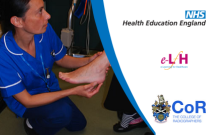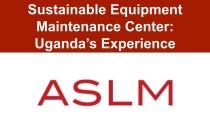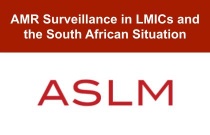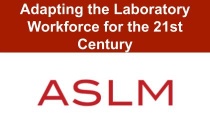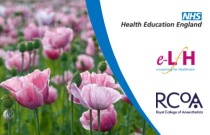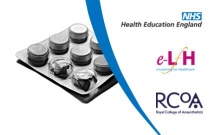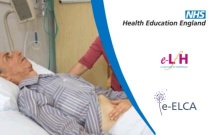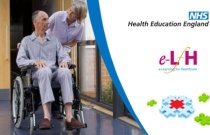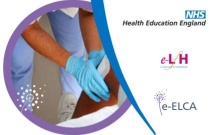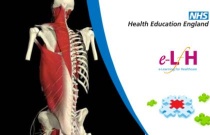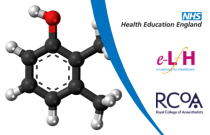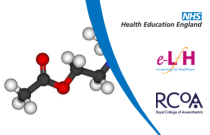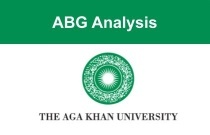The Importance of Good Record Keeping
Patricia Langley
This session introduces the importance of keeping good patient records. The reasons why full, accurate, contemporaneous records are essential are discussed and ‘good practice’ levels of record keeping that comply with existing guidelines are explored. The impact of the General Dental Council (GDC) on standards in patient record....
Translating Information into a Diagnosis
Andrew Shelley
As a dentist, you will need to make a thorough diagnosis from a variety of information sources. The aim of the diagnosis is to formulate an appropriate treatment plan for an individual.
Fissure Sealing - When and Where
Chris Deery
This session will introduce fissure sealants. It will discuss the evidence for, application of, and the role of fissure sealants.
Delivering Prevention to the Patient
Sue Gregory and Gill Davies
This session describes how the DH toolkit came about, what principles were applied and how it used current evidence to produce guidance on prevention. The latter are described and the evidence for this is shown.
Image Interpretation - Adult Skeleton (X-ray): Foot - Session 2
Kevin Harvell, Kathy Dewar
This session will describe common fractures, dislocations, pathologies and normal variants found in the toes, metatarsals and tarsal bones. These will be illustrated using radiographic examples.
Sustainable Equipment Maintenance Center: Uganda’s Experience
Dr. Susan Nabadda, Abdul Mutaka, Rose Achom
On 11 July 2024, ASLM’s LabCoP hosted a monthly ECHO session that focused on setting up and running a sustainable national equipment maintenance and calibration center and the experience from Uganda. Laboratory operations are often time-sensitive and require uninterrupted equipment functionality to ensure testing continuity. Imp....
AMR Surveillance in LMICs and the South African Situation
Prof. Olga Perovic
In this Antimicrobial (AMR) Community of Practice (CoP) webinar, we focuses on addressing AMR through surveillance in low- and middle-income countries (LMIC) and the South African situation. The presentation by Prof. Olga Perovic, also discusses how to bridge the gaps in AMR surveillance in LMICs. Dr. Perovic is an Associate Pro....
Adapting the Laboratory Workforce for the 21st Century
Dr Suzanne Kiwanuka
The Global Strategy on Human Resources for Health, launched at the 69th World Health Assembly in 2016, aims at having universal availability, accessibility, acceptability, coverage and quality of health workforce that supports effective health service delivery. In this session, we examine what the laboratory workforce of the 21s....
Integrating One Health in EQA PT Programs: Key Considerations
Dr Vashnee Govender
In this Antimicrobial (AMR) Community of Practice (CoP) webinar, we discuss integrating One Health into external quality assurance (EQA) PT programmes and key considerations. The session presentation is made by Dr Vashnee Govender, Lecturer, Veterinary Public Health, Faculty of Veterinary Science, University of Pretoria, South A....
Opioid Drugs: General Properties and Mechanisms of Action
Gurmukh Sandhu
This session is an introduction to opioid drugs. It describes the classification of different opioid receptors, their common mechanisms of action and their location. Their clinical effects, physiochemical properties and unwanted effects are also introduced.
Non-Steroidal Anti-Inflammatory Drugs (NSAIDs)
Dr Andrew Pinder and Dr Euan Mackay
This session will provide a brief overview of the history of NSAIDs, their chemistry, and a profile of their uses. Their side-effects, mechanism of action and interaction with different isoforms of cyclo-oxygenase will also be discussed.
Assessment of Nausea and Vomiting
Saskie Dorman
This session provides a framework for the assessment of nausea and vomiting as a first step to appropriate management. This session was reviewed by Sarah Hanrott and last updated in 2023.
SESSION 3: Water-and Food Related Illness
Martin Muchangi and Dr. Kamene Kimenye
This session provides an in-depth examination of how climate change impacts the hydrosphere, including the occurrence of droughts and heavy precipitation, and the consequent implications for water availability, quality, and supply. Participants will explore the biologic, social, economic, and structural factors that contribute t....
Management of Physical Deterioration
Aruni Wijeratne
As illness progresses in the last year of life, physical function inevitably diminishes. This session provides a framework for the management of physical deterioration of patients at the end of life.
Management of Symptoms Associated with Wounds
Jane McManus
This session explores the assessment and management of wounds in end-of-life care. It also considers the types of challenging skin problems that individuals may face at end of life and gives an overview of the psychological, social and spiritual implications on the patient.
Recognising and Managing Malignant Spinal Cord Compression
Astrid Adams
Some end of life care situations are considered emergencies which require urgent intervention. One of these is spinal cord compression. This session provides a framework for recognising and managing spinal cord compression, when immediate treatment may restore function that would otherwise be lost.
Basic Communication Skills
The Empower Group https://www.empowerschoolofhealth.org/
By the end of this course, you will have learnt about the following subjects: Basic Communication Skills
Inventory Management
The Empower Group https://www.empowerschoolofhealth.org/
By the end of this course, you will have learnt about the following subjects: Inventory Management.
Cold Chain Management
The Empower Group https://www.empowerschoolofhealth.org/
By the end of this course, you will have learnt about the following subjects: Cold Chain Management
Mass Drug Administration
The Empower Group https://www.empowerschoolofhealth.org/
By the end of this course, you will have learnt about the following subjects: Mass Drug Administration
Good Dispensing Practices
The Empower Group https://www.empowerschoolofhealth.org/
By the end of this course, you will have learnt about the following subjects: Good Dispensing Practices
Lesson 13: CAB-LA in Pregnant and/or Breastfeeding Clients
Jhpiego, an affiliate of Johns Hopkins University
In this lesson, we’ll address various considerations for CAB-LA in pregnant and/or breastfeeding clients. WHO recommendations for CAB-LA as HIV PrEP note that there are unknowns about the safety of CAB-LA in these populations, but do not specify whether pregnancy or breastfeeding is a contraindication to starting or continuing t....
Enzymes as Drug Targets Including Anticholinesterases
Dr Karim Salem
This session describes how enzymes can be used as targets for drugs, to bring about changes that are potentially beneficial for the patient.
ABG Analysis
Lilian Nuwabaine
This course is aimed to equip Nurses and Midwives with knowledge and skills about ABG analysis.




